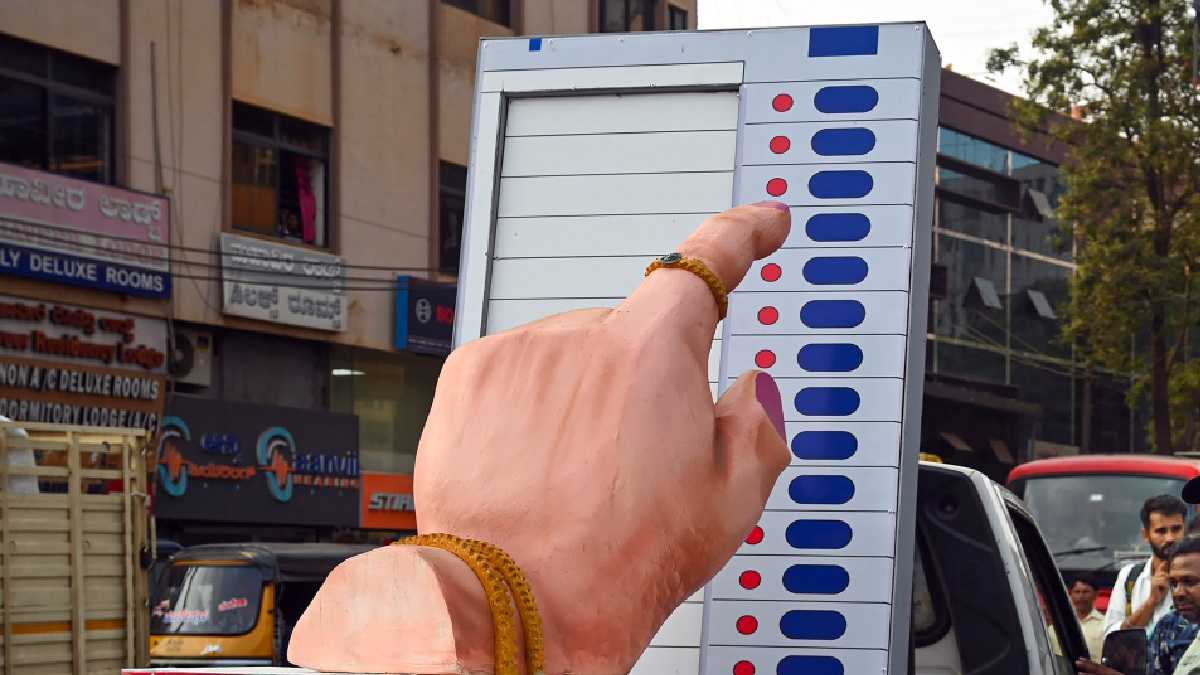
Will ‘Permanent Residency’ status come in the way of Zakir Naik’s extradition?
New Delhi, July 6: Malaysia today said that it would not extradite, controversial Islamic preacher, Zakir Naik to India. It said that "as long as he is not creating any problem, he will not be deported because he has been given permanent residency status.
we will not deport him because he has been given permanent residency status," the Malaysian PM said at a press conference.

Naik who is wanted in several cases fled India nearly two years back. He is first believed to have gone to Saudi Arabia and then Malaysia. In Malaysia, the government accorded him permanent residency.
This was what Malaysia cited while saying today that he would not be extradited to India.
Who gets Permanent Residency in Malaysia?
A holder of a permanent residency is able to stay and remain in Malaysia indefinitely. He or she can seek employment freely, own a business, acquire properties and also exit and enter the country like another Malaysian
Along with the advantages come a set of rules which mandates PR holders must obey and observe the laws in Malaysia at all times. They are prohibited from engaging with any political party or associations and also must note that their status can be revoked at anytime.
Who is eligible:
- High net worth individual
- Expert
- Professional
- Spouse of a Malaysian citizen or
- Applicants who meet the point system
Can permanent residency holders be extradited:
Malaysia while stating that Naik had a PR status also made it clear that he had not violated the law in the country. However experts point out that there is no law that bars the extradition of a person with a permanent residency.
India has an extradition treaty with Malaysia. There would be two requirements that need to be fulfilled at the time of seeking an extradition. (i) there must be a treaty between Malaysia and the country who wishes to extradite you and (ii) it must comply with the Extradition Act 1992.
Merely stating that a person has not broken the law in Malaysia is not sufficient to deny an extradition. Section 6 states that a person can be extradited for an 'extradition offence.' An 'extradition offence' is defined as an offence that is punishable under the laws of the country with at least one year imprisonment or death. The Act also defines extradition offences as attempting or assisting someone to commit a crime which carries at least one year imprisonment or death.


 Click it and Unblock the Notifications
Click it and Unblock the Notifications























